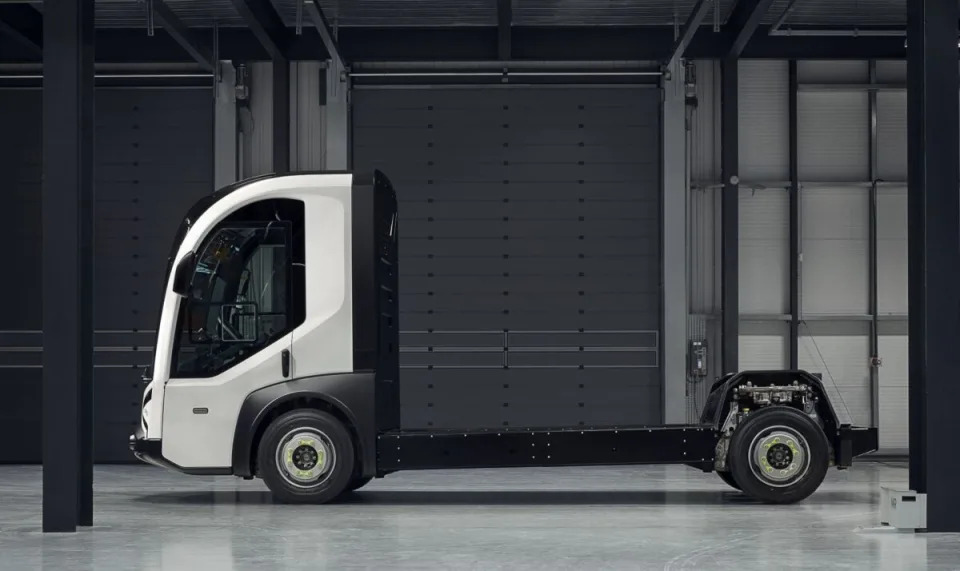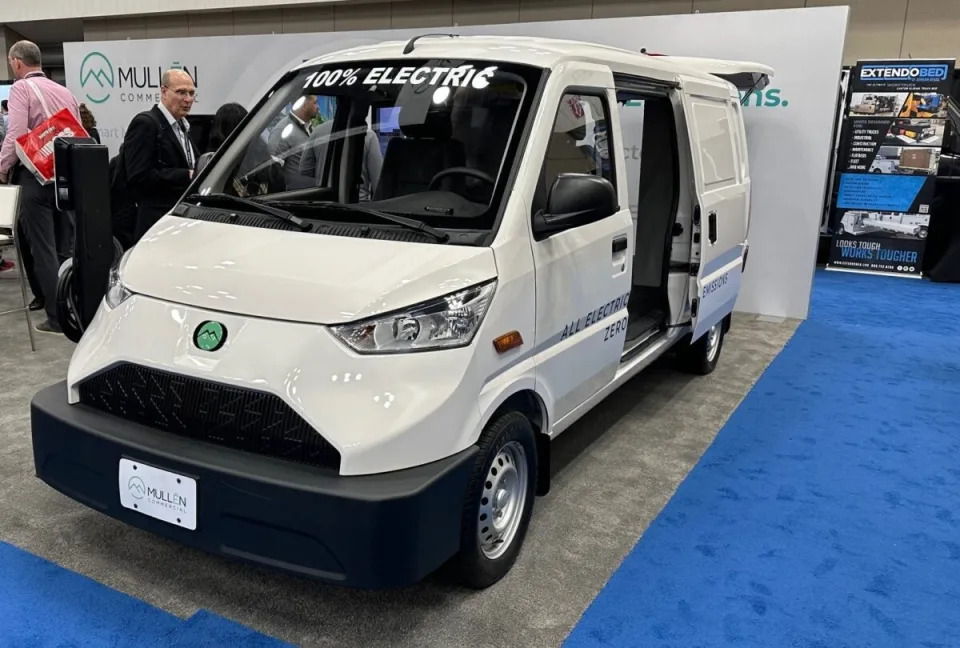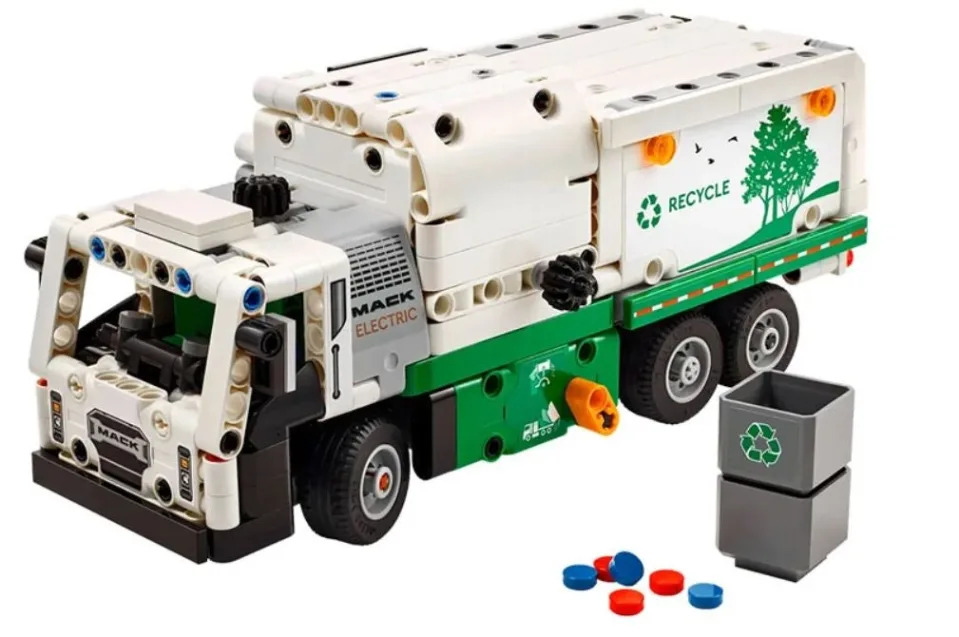Reverse stock splits: Often a path to oblivion

The reverse stock split, a form of financial engineering that artificially boosts a company’s stock price, often sounds a death knell, especially for startups that exhausted funds in mergers with special purpose acquisition companies.
The widespread carnage of failed advanced technology startups, especially in electrification and autonomy, is remarkable. With a few exceptions, companies opting for a reverse split end up on a path to oblivion.
All hat, no cattle
According to the independent Financial Industry Regulatory Authority (FINRA), an example of a reverse stock split works like this: A company announces a 200:1 reverse split. Once approved, investors receive one share for every 200 shares they own. So, 5,000 shares of stock with a price of 10 cents per share and worth a total of $500 before the reverse split becomes 25 shares at $20 each. The $500 value doesn’t change, just the number of shares.
Startup incubator FasterCapital lists five examples where a reverse split worked out: Amazon (1999); Apple (2000); Priceline (2003); Netflix (2004); and Citigroup (2011). In Citi’s case, its stock was battered after the Great Recession. Its 1:10 reverse split helped restore investor confidence. FINRA said established companies trading on a major exchange rarely go this route.
After the initial price bump that helps regain stock exchange listing compliance – for example, $1 a share on the Nasdaq – investors often disappear. The selldown can take months or longer. The next step often is an acquisition or bankruptcy.
An artificial boost to keep trading
Company Product Split Date Status Price
Embark Trucks Autonomous trucks 1:20 8/22 Acquired Delisted Lordstown Motors Electric Trucks 1:15 5/23 Bankruptcy Delisted Ree Automotive Electric powertrains 1:30 8/23 NASDAQ:REE $9.10 Workhorse Group Electric trucks 1:20 6/24 NASDAQ:WKHS $0.76 Nikola Corp. Fuel cell trucks 1:30 6/24 NASDAQ: NKLA $1.17 Mullen Automotive Electric trucks 1:100 9/24 NASDAQ:MULN $1.19 Hyzon Motors Fuel cells 1:50 9/24 NASDAQ:HYZN $1.66
The list above is not exhaustive. Of the companies hanging on, only Ree – the Israel-based maker of the first fully by-wire propulsion system – appears to be on a path to viability after a reverse split.
As of August, 409 companies listed on the Nasdaq traded below $1 a share, according to The Wall Street Journal . The Nasdaq publishes a daily list of non-compliant companies. The exchange is pushing new rules to weed out many of these companies, typically by delisting them. That tends to push them to over-the-counter trading while they appeal.
Ree bucks the trend
Ree reported this week that demand for Powered by Ree vehicles surged in the third quarter with reservations growing by 230% to $137 million, including reservations for production that extend beyond 2025. The first North American deliveries are on target for the first half of 2025.
Ree raised new funds through a direct sale of stock to India-based conglomerate Motherson, which is managing Ree’s supply chain as part of its asset-light approach. The company burned through less cash in Q3 and saw its liquidity rise 47% to $88.8 million, including a $15 million credit facility.

“Ree is hitting cost and cash targets as peers file insolvency or furlough staff,” TD Cowen analyst Jeff Osborne wrote in an investor note Wednesday.
Slip sliding away
Nikola laid off an undisclosed number of workers last week. It was the company’s second head count reduction since October.
Canada-based Lion Electric, filed for protection on Tuesday under the Companies Credit Arrangement Act, a Canadian federal law that allows insolvent companies to avoid liquidation. Lion has been unable to raise capital to avoid defaulting on loans. The company recently paused production at its electric bus plant in Joliet, Illinois, laying off 400 workers.
Even after dramatically reducing their share counts to inflate their stock prices and avoid being delisted, Nikola, Workhorse, Hyzon and Mullen could again face that prospect.
Workhorse Group is the closest to the edge. Though it continues to expand its dealer network, sales of its Class 5 electric step van are slow and its liquidity fell to just $3.2 million as of Sept. 30.
Nikola announced a new Hyla mobile hydrogen facility in West Sacramento , California, on Wednesday, even as its stock price remained in a near free fall after a 1:30 split in June temporarily pushed the price to about $9. Nikola shares closed Thursday at $1.17, just 2 cents above their 52-week low of $1.15. Without new capital, Nikola could run out of cash in the first quarter.
Hyzon announced a conditional sale of two hydrogen fuel cell-power refuse trucks on Tuesday. But its stock price is falling dangerously close to the $1 threshold that could restart Nasdaq delisting protocols. Hyzon is seeking a partner and is desperate to raise more cash, which stood at $30.4 million as of Sept. 30, including $3.8 million raised in a direct stock offering.
Mullen’s 6 reverse splits
Of the companies executing reverse splits, Mullen Automotive makes it a habit . It has completed six reverse splits , most recently a 1:100 swap in September. The company has aggressively snapped up assets of bankrupt and distressed companies, including the Electric Last Mile Solutions (ELMS) and Romeo Power.
ELMS was liquidated in a Chapter 7 bankruptcy . Nikola purchased Romeo in August 2022 and liquidated the business in July 2023 .

Its stock price has plummeted 99% this year, according to investor site Invezz . Mullens’ market capitalization is less than $3 million based on Thursday’s closing price of $1.19. It spent $240 million to purchase ELMS, which included a former General Motors plant in Indiana. It also paid $148 million for 60% of Bollinger Motors.
Mullen is producing and selling Class 1 and Class 3 electric trucks , including a Class 3 electric refrigerated box truck . Bollinger produces Class 4 electric chassis cabs in Michigan where contract manufacturer Roush assembles the trucks.
Exit TuSimple, enter CreateAI
One-time leading autonomous truck developer TuSimple is no more. The company has officially rebranded to CreateAI Holdings and released a 21-page investor presentation focused on anime and video game production.

The intrigue over whether TuSimple’s remaining $450 million in cash will find its way to China will be decided in the courts. But wherever that money ends up – returned to TuSimple shareholders or transferred to the new venture – it won’t be used in driverless truck development.
TuSimple has laid off workers involved in autonomous trucks in China, which it said was a better alternative to autonomous vehicles than its once burgeoning U.S. business. TuSimple wound down its U.S. presence about a year ago, including voluntarily delisting from the Nasdaq .
In a letter to stockholders on Monday, TuSimple co-founder Xiaodai Hou laid out a narrative alleging improper and illegal attempts by his co-founder, Mo Chen, and CEO Cheng Lu to get the money to China. TuSimple denied the allegations. It also released unaudited Q3 financials under the name CreateAI Holdings.
Briefly noted …
Could the Lego Technic version of the Mack LR Electric refuse truck outsell the original? The model features a fully functional side-loading mechanism that can grab, lift and tip waste bins.

The Michigan-based Shyft Group has a definitive agreement to combine with Switzerland-based Aebi Schmidt Group in an all-stock merger to create a leading specialty vehicles company.
Schneider National has surpassed 6 million zero-emission miles in its fleet of Freightliner eCascadias.
Truck Tech Episode No. 95: Changing of the guard and a look-ahead across trucking technology in 2025 and beyond
That’s it for this week. Thanks for reading and watching. Click here to subscribe and get Truck Tech delivered to your email on Fridays. And catch the latest episodes of the Truck Tech podcast on the FreightWaves YouTube channel . Send your feedback on Truck Tech to Alan Adler at [email protected] .
The post Reverse stock splits: Often a path to oblivion appeared first on FreightWaves .

